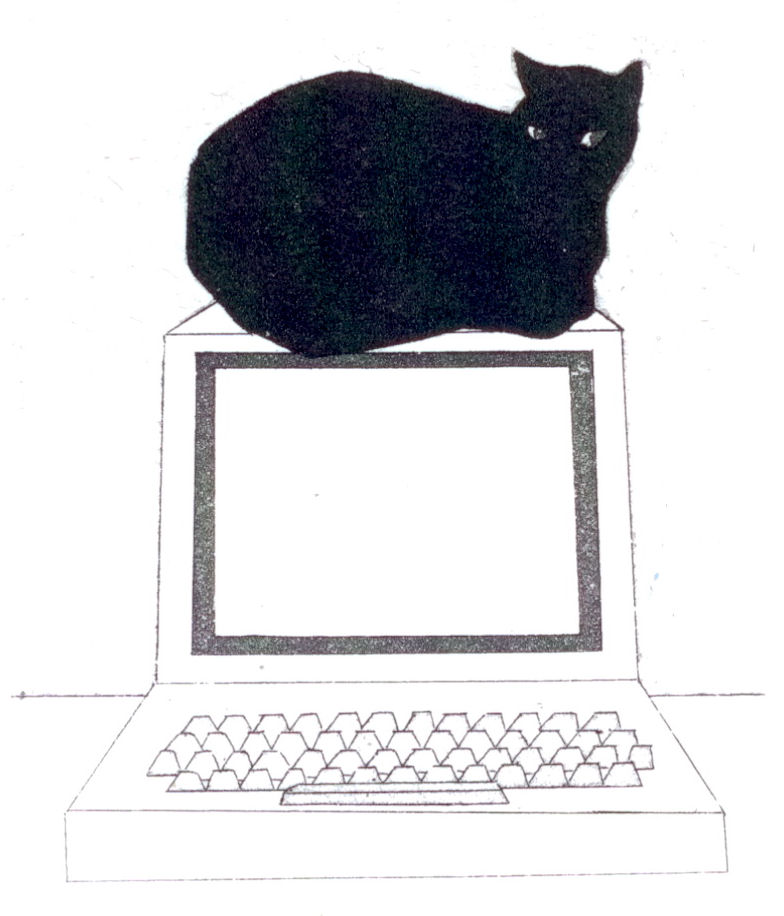|
Defining viruses, worms, hoaxes, Trojans, and security vulnerabilities
|
CAUTION: |
Never open an attachment or a link in an email when you do not trust the sender. Sometimes a person intending to do harm sends an email message that appears to be from a trusted source, such as Microsoft. Most trusted companies do not attach software to email. If you do not trust an email, research it on the Internet or contact the company or sender named in the email. Some social and professional networking sites, such as MySpace, FaceBook, Plaxo, and others like them, allow users to upload their contact information, and to send out invitations to everyone in their address book to join them on these sites. Be extremely careful in uploading your contact information to any website. Once it is on the internet, it is almost impossible to remove. Likewise, be cautious in uploading personal photographs and other information. Such sites frequently make backups of personal profiles, and even if you delete or change your information and files, the old data may still be obtainable. If you receive an invitation email through a social or professional networking site from someone whose name you do not recognize, you may be able to contact the site to opt out of any further invitations.
|
|
|
NOTE: |
This document is not about spyware, adware or browser hijacking. Spyware may make the PC slow when connecting to the Internet and the computer may function like it has a virus, but this is not discussed further in this document. There are thousands of different viruses and damaging software programs that can harm your computer or make it perform slower. Typically, these software programs are the following:
|
|
Hoax - An email that usually states that it is harming the computer, but does not actually do what it says. Some hoaxes ask the reader of the email to perform a damaging process, like deleting an important file. Most hoaxes are spread by people who do not know that the email is a hoax and who are hoping to alert others to a potential virus.
Phishing - Methods used to try to and move people browsing the Internet to a malicious Web site. Once a person visits the Web site, the Internet browser tries to read malformed code on the page and induces a security hole or the Web page itself is designed to look like another popular Web page (to collect credit card or other personal information).
Security Vulnerability - A weakness in software that allows unwanted activity inside the operating system.
Trojan or Trojan Horse - A software program usually created to make a computer less secure. The software usually appears as a useful file that a person would want to open. The payload of a Trojan is usually delivered as soon as it is opened and usually has devastating results. Trojans are often used to create back-doors (a program that allows outside access into a secure network). Trojans are most often delivered as an email attachment or through security vulnerabilities while browsing the Internet.
Virus - A software program that copies itself into another program, a hidden space on a drive, or items that support scripts. Most viruses only copy themselves, while a minority unleash a payload - actions caused by the virus. Payloads can damage files, deliver Trojan files, corrupt hard drives, display messages, or open other files. Typically, payloads are delivered when a certain condition occurs, such as when the date on the computer reaches a particular day.
Worm - Another form of virus that finds vulnerable PCs and copies itself to those systems. The most frequent methods of propagation are from email distribution lists, email signature scripts, and shared folders on the network. Worms may or may not have a damaging payload. Currently, the typical payload for a worm makes a computer more susceptible to other viruses and Trojans.
|
|
Local Resident |
Local References |
Local Professional
|

 |
a house without a pet...is not a home
"....Saving just one pet won't change the world...but, surely, the world will change for that one pet..."
|
| | |

